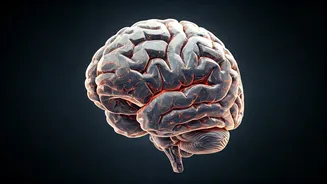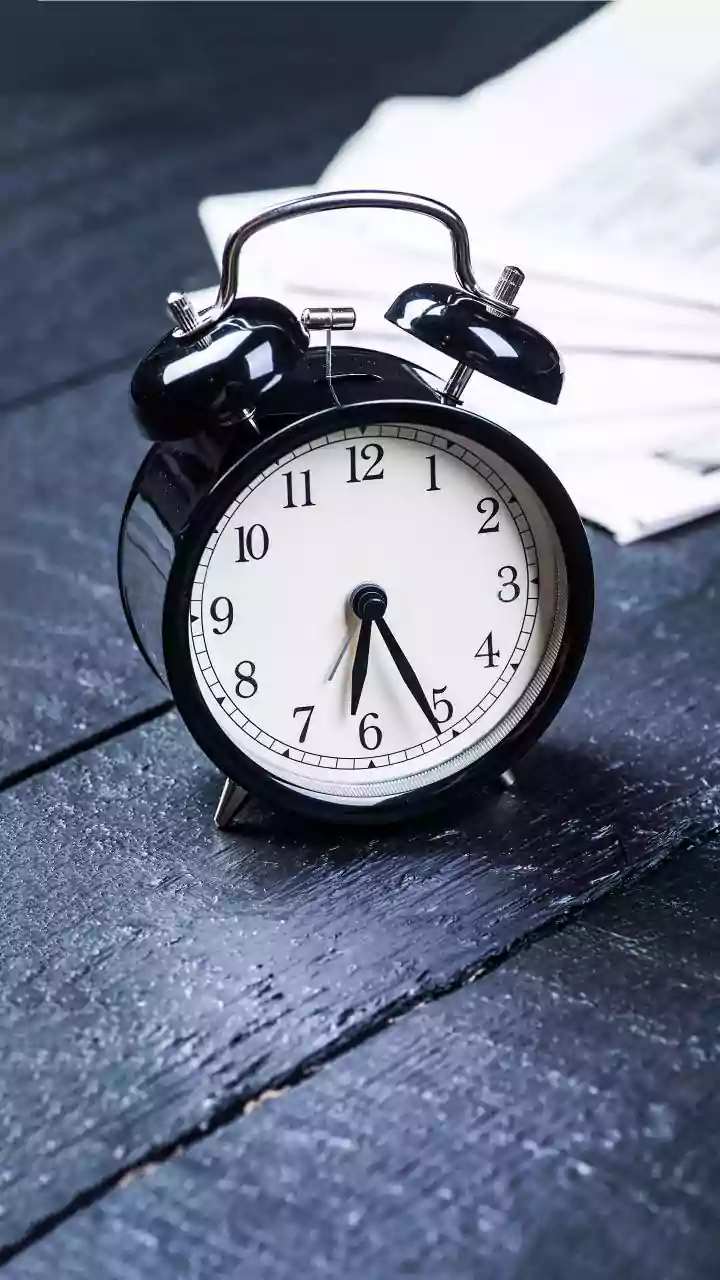The Memory Challenge
The human brain is an amazing organ, but it's not a machine that can run non-stop without needing some rest. The reality is that our memories can sometimes
be hazy, making it difficult to recall information, especially when we are overloaded with information. However, a scientist has shown that taking micro-rests may significantly improve memory. The concept of micro-rests is built on the idea that these brief pauses can give our brains the opportunity to process and organize information more effectively. This allows us to encode new information better while also enabling easier retrieval of memories when we require them. It is important to comprehend the science behind how memory works to understand why these short breaks are beneficial to mental health.
Micro-Rest Benefits
Micro-rests are not just about taking a break. They're about intentionally giving your brain a chance to reset and recharge. When you take a micro-rest, you allow your brain to switch from an active mode to a passive mode, which allows for better processing and organization of information. This process enhances cognitive function by decreasing mental fatigue and enhancing focus. Micro-rests may involve things such as doing deep breathing exercises for a few minutes, going for a short walk, or even just gazing at something different from your current task. The key is to shift your attention away from the task to give your mind a chance to rest and reorganize itself. Regularly incorporating these breaks into your routine can result in increased memory and an overall sense of improved mental health.
Implement Micro-Rests
To implement micro-rests effectively, the first step is to recognize when you need a break. Pay attention to signs of mental fatigue like reduced focus, increased error rates, or feelings of stress. After you identify the need, you can then plan to take these breaks on a regular basis. You may decide to use the 'Pomodoro Technique,' working in intervals of 25 minutes, then taking a five-minute break. This can be adapted depending on your personal needs. During a micro-rest, it's essential to disconnect from your primary task and give your mind a chance to switch gears. Try simple activities that are relaxing, such as meditation or breathing exercises. It is essential to be consistent with these techniques, gradually integrating micro-rests into your routine. By being aware of your needs and integrating micro-rests, you can make your mental health a top priority.


















